
Zoho vs Salesforce: Which CRM is Best? 2019 Comparison
April 2, 2019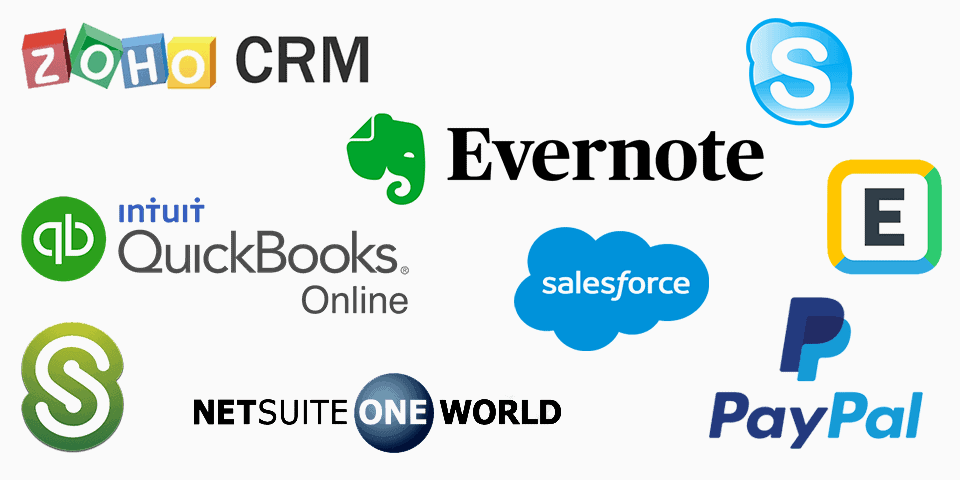
25+ Best Business Mobile Apps of 2021
June 24, 2020For business owners to focus solely on growing their company, streamlining various organizational processes is of utmost importance. This includes sales, marketing, customer service, and other business processes. Here, CRM software can prove to be a valuable asset. If you want to know how CRM can help your business, then here is everything you need to know along with the best CRM software for every business in 2020.
Page Contents
1] What Is A CRM Software?
In simple words, CRM software allows companies to connect their different departments (sales, marketing, customer services) across locations so that they can easily access real-time client data from one centralized unit. This helps boost coordination between teams and across departments, leading to superior customer service that can be personalized to suit individual needs and requirements.
The online CRM software is much better than traditional legacy systems, as it offers excellent functionalities. Also, the combination of SaaS and Cloud computing makes it easier for employees to directly access the required information, no matter where they are located through a simple internet connection.
The best part, cloud-based softwares for CRM are also cost-effective systems that can help a company to grow and scale. Plus, irrespective of the business size, a CRM system can help accelerate your business growth in numerous ways.
2] Why Does Your Business Need CRM?
If you are still not convinced, then here are a few CRM statistics that emphasize why a business needs a CRM system.
- Businesses that use CRM software see an increase in sales by 29%, an increase in sales productivity by 34%, and an increase in sales forecast accuracy by 42%. (Salesforce)
- 91% of businesses with 10 or more employees use CRM software. (CRM Magazine)
- CRM software can help enhance customer retention by up to 27%. (Trackvia)
- Businesses that use CRM get an average return of $8.71 for each dollar spent. (Nucleus Research)
- A CRM system can help improve the conversion rate by up to 300%. (Cloudswave)
These are some of the CRM software industry statistics. For in-depth information about CRM software market share and other trends, check out this article.
3] What Are the Benefits of CRM Software?
Those using the CRM platform for their business are already aware of the several benefits that it offers. The diverse CRM applications help boosts the productivity of the workforce. The latest customer relationship management (CRM) software is also easy to use and doesn’t require much training, making it easier for the employees to adopt this system.
Also, the biggest benefit of CRM software is that it helps streamline various business processes, which helps increase sales. Below are a few ways the CRM platform can help your business.
- Data Security: By using theCRM software, you can be assured that all sensitive customer data and business information is safe and secured on a single robust platform.

- Automation: Another benefit, it allows you to automate everyday tasks, be it automating lead assignment or emails or the follow-up process. This helps close more deals in less time. Plus, it helps deal with any customer issue on an immediate basis, before it becomes a major problem.
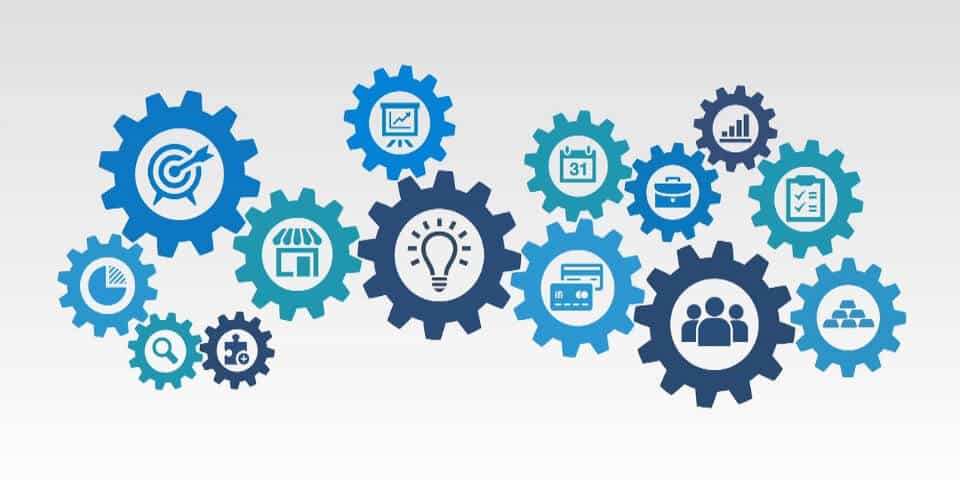
- Customization: CRM systems understand that different businesses need different functionalities to improve their various processes. As such, it offers the customization feature, which helps businesses tweak various functionalities as per their teams need.
- Integration: CRM systems also offer you built-in integration features for emails, marketing, eCommerce etc which ensure that you can continue to use your favourite applications uninterrupted.
- Contact Management: CRM systems take away the hassle of managing your entire contact database. It organizes your contacts (new and old) systematically, helping you to easily find the information you want, in less time, which aids in the sales process. What’s more, it also allows you to store contact information from multiple channels; emails, social media, etc.
- Customer Segmentation: To ensure businesses get more sales, the CRM system offers customer segmentation that allows you to break prospects into different target groups based on their age, location, gender, etc.

- Reporting: From lead generation and closed deals to identifying problems and resolving bottlenecks, the CRM reporting system gives you a complete overview of the entire sales and marketing process allowing you to monitor all activities carried out by your team, so you can easily measure the ROI of your company.
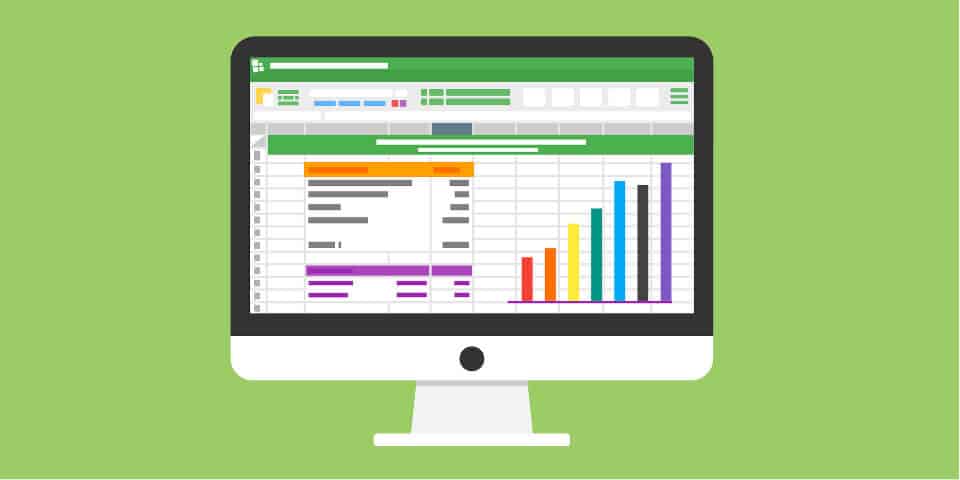
4] Which Are the Best CRM Platforms in 2020?
At present, there are several best CRM platforms that you can choose from based on your budget and business needs. However, among them, the top CRM systems in 2020 that are quite popular are as follows;
- Zoho CRM: This is one of the most affordable CRM systems suitable for small to mid-sized businesses. The Zoho CRM platform is extremely user-friendly, intuitive, and offers a variety of features as well as 3rdparty integrations. This CRM software is also easy to set-up, and experienced Zoho Consultants can help you with the implementation and training while offering onshore and offshore support services.

- Salesforce: This is a premium CRM platform ideal for mid-size to large-size enterprises. Salesforce CRM is primarily known for its advanced automation, an extensive list of features, and benefits it offers. It is an all-in-one cloud software that delivers excellent services and exceptional support. It is also a comprehensive CRM suite that offers seamless customization. Learn more about Salesforce here
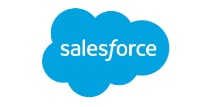
- SugarCRM: This is another great platform for small businesses, offering all the required functionalities at an economical price. It is a flexible CRM system providing you with marketing and sales automation for better and memorable customer experiences. This CRM platform offers 3 plans, which you can choose from based on your business needs.
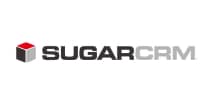
- HubSpot: HubSpot is a leading name offering free CRM with basic features for small business teams. It makes streamlining various processes easy. Integration is made simpler through Zapier, and it works with both G Suite and Microsoft Office. However, compared to others, the free version of HubSpot CRM has limited customization options, and if you are looking for a business CRM software with advanced capabilities, then you need to upgrade to the paid plan.
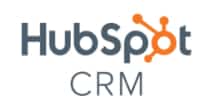
- Freshsales: With easy to navigate interface and simple set-up procedure, Freshsales CRM provides you with all the necessary tools for automation, lead capture, contact management, business insights, etc. It is an affordable solution for mid-size businesses. It offers email, phone, and chat support, irrespective of the plan you choose. What’s more, it is also mobile compatible, as it offers mobile apps for Android and iOS devices.

- Microsoft Dynamics 365: An all-in-one CRM software for sales and marketing, the USP of this CRM platform is that it can be extended with other Microsoft products to suit your requirements. It helps improve productivity and performance, which, in turn, will help you build stronger relationships with your customers. It also offers robust contact and community support. Plus, it offers the widest range of plans that you can pick from based on your needs and budget.
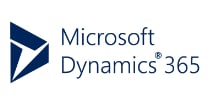
5] Which is the Best CRM For Small Business?
Few things to consider when choosing CRM software for small business are usability, automation, mobile compatibility, customer support, and pricing.
- Usability: For a small business, a complex or challenging CRM platform is not a great idea. When you choose a CRM platform, take into consideration its usability – how easy and simple is it to learn and use. This will lead to easier adoption across the organization.

- Automation: Mostly all best CRM for small business offers the automation feature for repetitive business tasks. If you require automation for specific activities, then it is important to check whether the CRM system provides you with customization that’ll help you to get the required automation.
- Mobile Compatibility: Easy accessibility across all mobile devices (Android, iOS, and Windows), is another thing you need to check before selecting a CRM platform for your business.

- Customer Support: A robust customer service with multi-channel support (email, phone, live chat) is another requirement that you should consider, as it can be a great help in case of technical issues and other queries.
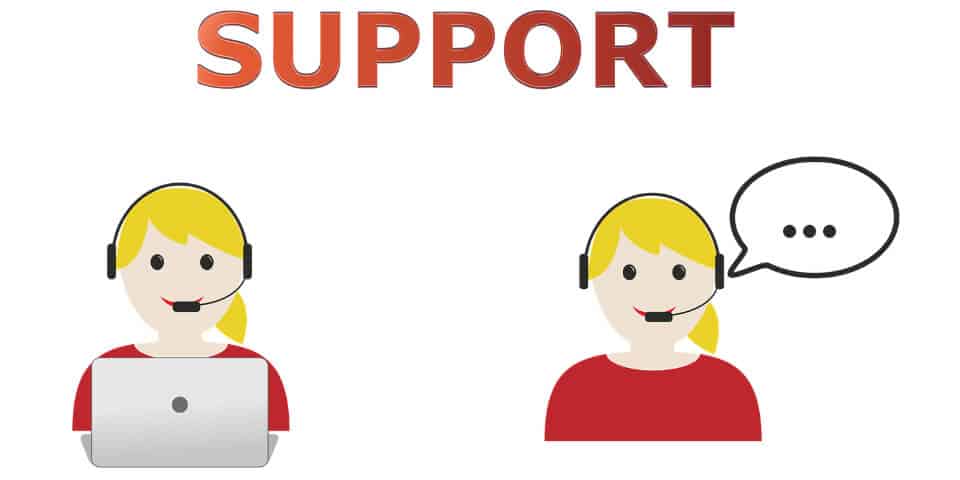
- Pricing: Not all of the best CRM systems for small business have affordable pricing. However, compromising on essential functionalities for the sake of price is not an option. So make sure that you take into consideration the pros and cons of each system, and not base your decision solely on the price tag.
Frequently Asked Questions About CRM
Enterprise resource planning (ERP) software focuses on the resources of the organization, ensuring its best possible use. Customer relationship management (CRM) software, on the other hand, focuses on the management of customer relationship.
ERP software manages business operations (accounting, human resources, inventory) while CRM software manages customer information (customer’s requests, their grievance & feedback and storing sales-related lead details). In short, ERP focuses on reducing costs, and CRM focuses specifically on increasing sales.
As listed above, some the popular CRM software are Salesforce, Zoho, SugarCRM, HubSpot, Freshsales, and Microsoft Dynamics 365. Apart from these, there are many other CRM software. However, these are considered to be the leading names in the CRM industry.
The three primary types of CRM are – Operational CRM (for sales, marketing and service automation), Analytical CRM (for data collection and analysis), Collaborative CRM also called Strategic CRM (to share information between different teams).
While most large enterprises across industries make use of a CRM system, the CRM adoption rate in small to medium-sized businesses is increasing at a steady pace. To know if CRM is a good choice for your business, you should get in touch with a CRM consulting company.
#Conclusion
CRM software platforms are a worthy investment that makes staying on top of all the activities and tasks within your organization an easy job. This multi-functional software for businesses helps simplify communication across all departments, irrespective of the location. The best part, it can be easily adapted to suit varying business needs. Thus, ensuring that it is a part of your growth, never becoming obsolete.



